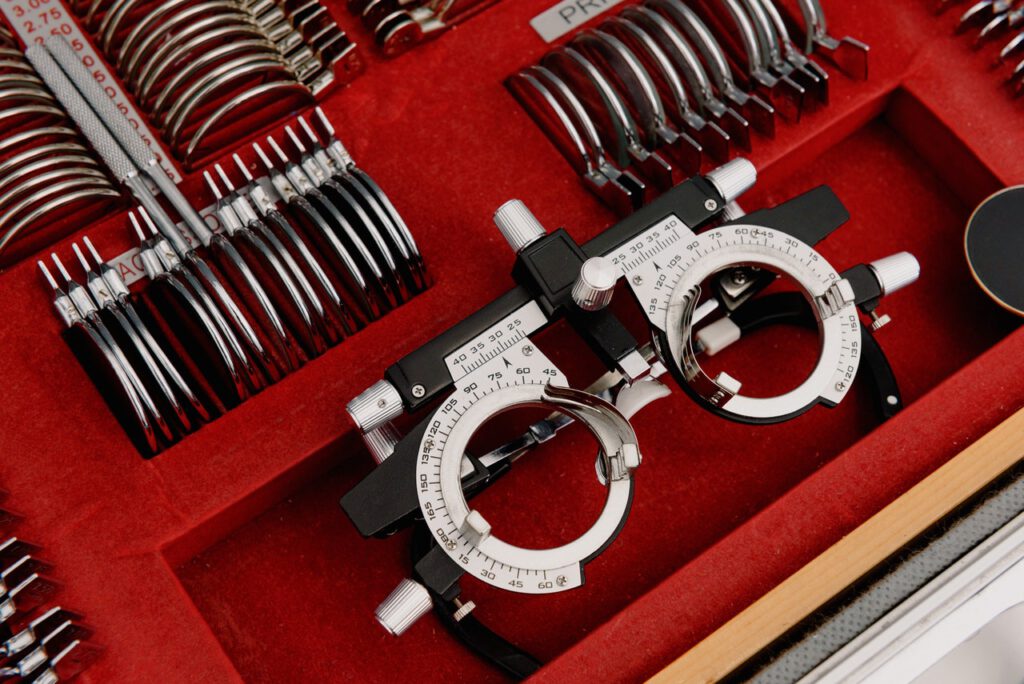How your eyes change as you age – and how to look after them

Collaborative Post
Ageing is a natural process that everyone, naturally, goes through. There are some things about ageing with which many of us are familiar: greying hairs, occasionally stiffer joints, even changes to sleeping habits. But there are some changes we may not be expecting, and which can be quite disturbing when experienced for the first time. One such area for this kind of change is eyesight. But how exactly is eyesight affected by age, and what can we do about it?
What is presbyopia?
The natural process of eye ageing, and the subtle changes to – or deterioration of – vision that results, has a medical name: presbyopia. More specifically, presbyopia describes a condition where your eye lens becomes less flexible over time. This makes it harder for your eye muscles to focus the lens the same way, leading to a number of symptoms, from difficulty focusing to blurred vision and even headaches.
Presbyopia usually begins to occur in adults over the age of 40, and, if left unchecked, can lead to gradually worsening vision as you continue to age. There are a number of ways you can alleviate these symptoms, though, that can minimise the impact of presbyopia on your day-to-day life.
Alleviating symptoms
For starters, if you notice the onset of presbyopia symptoms you should seek to get it diagnosed as soon as possible. The sooner you do, the easier it will be to manage the symptoms. Contact lenses are a popular choice for alleviating the symptoms of presbyopia, altering the focal point of your eye and allowing you to focus better with less effort. Laser surgery can also be used to address your eye lenses directly.
Cataracts
Cataracts are a medical condition wherein the lens of the eye becomes clouded or frosted-over, leading to ‘cloudy’ and limited vision. Cataracts are another condition that can come about as a result of age, as the proteins that make up your eyes’ lenses begin to break down and cling to one another.
Early on, cataracts can be worked around with the use of stronger prescriptions and brighter lights. Later on, though, surgical intervention is often necessary. Thankfully cataract procedures are very straightforward, and easy to recover from.
Glaucoma
A regular visit to an optician can help prevent sight deterioration. There is a range of problems that they look for such as glaucoma, which may require specialised treatment from a glaucoma specialist. The sooner eye conditions like glaucoma are diagnosed, the easier they are to treat.
Protecting your eyesight
There are, of course, some general approaches you can take to better look after your eyes – and to potentially reduce the likelihood of suffering eye-related illness or failure in later life. One major intervention you can make immediately is to get into the habit of wearing sunglasses more often, or to opt for smart lenses in your conventional glasses that tint when exposed to sunlight. UV rays can be harmful to your eyes in the same way they are harmful to skin; protecting your eyes from these rays can improve their longevity, and reduce cancer risk.
Photo by Ksenia Chernaya from Pexels: https://www.pexels.com/photo/set-of-assorted-trial-lenses-and-optical-frame-5715893/

